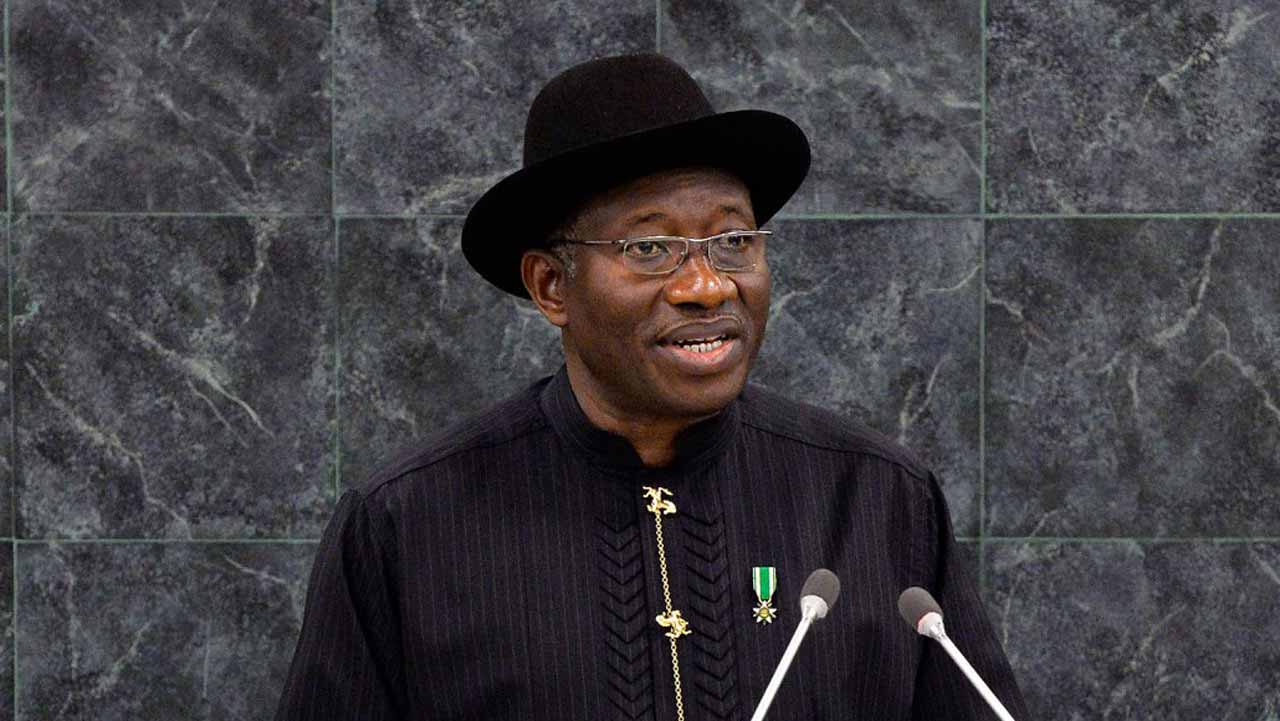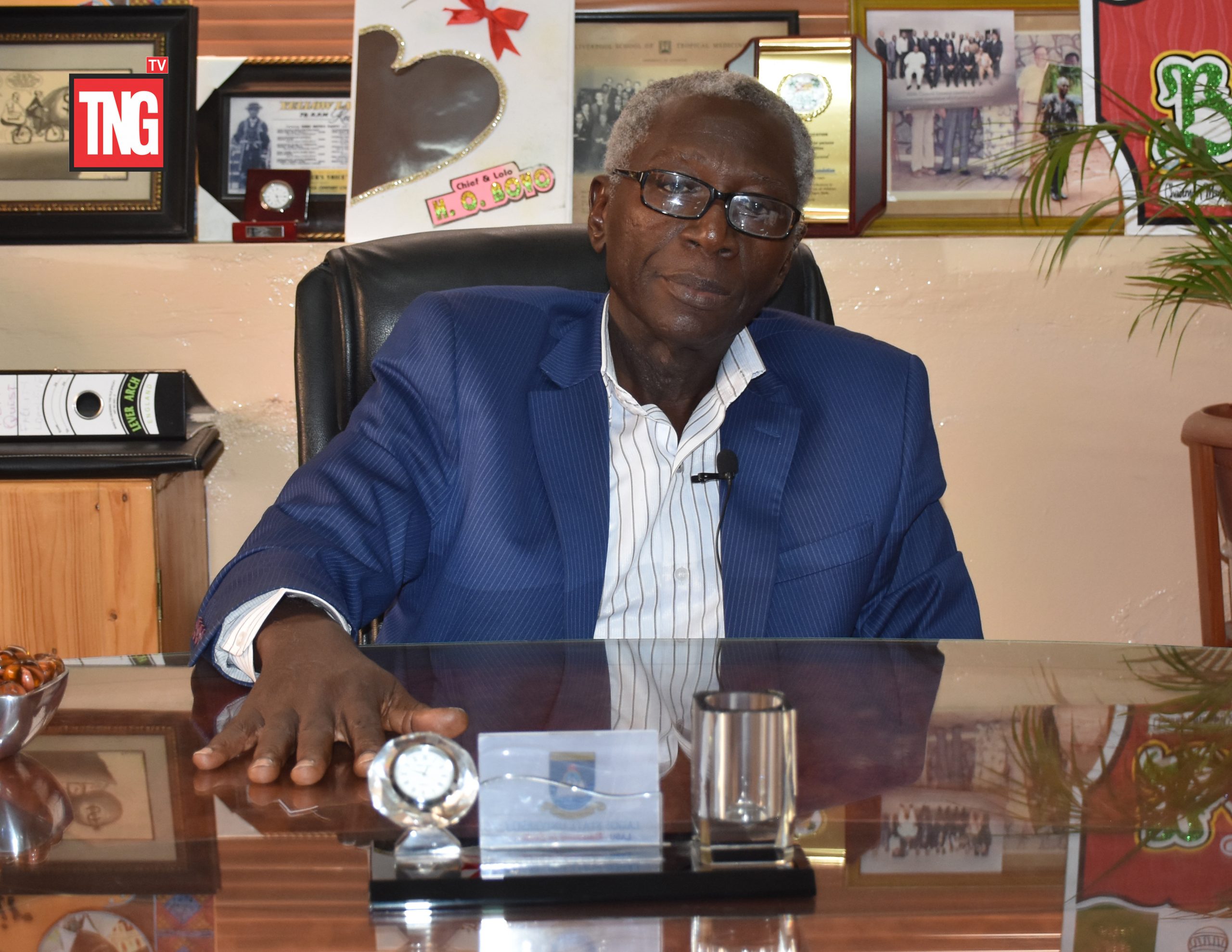By Okoh Aihe
Broadcasting has enjoyed some enormous coverage lately. Can you imagine that tweak or little speck of irony!
The broadcast media itself enjoying the limelight in what may qualify as inversion of service delivery. From nowhere, a state governor generated a needless controversy by reclining on his imperial powers to order the closure of one of the radio stations in his state. Yes, Governor Mohammed Bago ordered the closure of Badeggi Radio 90.1FM, based in Minna, the state capital.
The governor was genuinely indignant. The station was implicated by its radical posturing in accepting materials from opposition voices to balance its daily news presentations instead of doing only the bidding of the governor. That was akin to creating chaos in the state and stirring the anger of the governor who should be allowed to enjoy a coolness that can help him focus on other state matters. There was outrage.
Professional bodies and Human Rights Organisations feel traduced by the insolence of an elected governor. The Federal Government took a very firm position on who the regulator is: the National Broadcasting Commission (NBC), and not the governor!In a situation of chaos, facts enjoy ignoble ratings. An industry source told me that for daring to air news from other political parties outside of the ruling party, the station has since been labelled an opposition radio station, an unfortunate pigmentation that has stuck closer than leprosy.
A source at the regulatory agency told this writer that the station was never truly shut but only suffered threats. Unfortunately, from the highest quarters of the state. What is the state of Badeggi FM? Is it on air? I have no reason not to believe the regulator.
As it would turn out, what is happening in Niger State was a little prelude or a warped foretaste to what would unfold at the national level. The broadcast landscape quaked even more. The development has nothing to do with regulation but appointments. And ladies and gentlemen, appointments can be very important especially when they are political.
The government, August 20, 2025, announced a new management team for the Nigerian Television Authority (NTA). The statement signed by Segun Imohiosen, Director of Information and Public Relations, Office of the Secretary to the Government of the Federation, had Rotimi Pedro (Lagos State, South-West) as Director-General, Karimah Bello (Katsina State, representing the North-West) as Executive Director, Marketing, Stella Din-Jacob (Plateau, North Central), Executive Director, News, while Sophia Mohammed (Adamawa State) would take charge of NTA Enterprises Limited as Managing Director.
The announcement effectively invalidated the tenure of Salihu Abdullahi Dembos and Ayo Adewuyi who were appointed Director-General and Executive Director, in October 2023, and September 2024, respectively.
There is comedy, and there is also theatre of the absurd or if you prefer, drama of the absurd, when some kind of theatrics can happen somewhere in a drama presentation or for even an entire presentation, to put a lie to common sense or reason.
Someone once called it “beyond belief.” In the Nigerian situation however, it is reality.A management team just changed mid flight? That very evening, a source in the broadcast industry told me that the Minister of Information and National Orientation, Mohammed Idris, who is usually very cool and had managed the information sector well for this government, perhaps cooler than Luka Modric when managing mid-field crisis for Real Madrid, was livid with anger, feeling very disdained and contemptuously overlooked. But he wasn’t the kind of person to raise a bedlam in public. He waited for the President to return to the country.
The stage had been set for more drama. The minister wasn’t alone in his anger. You may want to observe that the statement wasn’t signed by Presidential spokesman, Bayo Onanuga. The reason he didn’t may forever be buried in the vault of secrets at the Presidency.Was the minister right in his indignation? Who are the people advising the President and splashing mud all over his body with their uninformed and sometimes very selfish decisions?The NTA Act is very clear on Membership of the Authority, Tenure of Office, and Removal from Office of Members of the Authority. I will reference only three sections. Section 2 (1) says, The Authority shall consist of the following members to be appointed by the President on the recommendation of the Minister. Under Section 3 (1), Subject to the provisions of this Act, a person appointed to be a member of the Authority, not being a public officer, shall hold office for a period of three years from the date of his appointment and shall be eligible for reappointment for one further period of three years.While my final point here is Section 4 (1), which says, If it appears to the Minister that a member of the Authority should be removed from office on the ground of misconduct or inability to perform the functions of his office, the Minister shall after consultation with the interests, if any, represented by thatmember make a recommendation to that effect to the President, and if the President approves the recommendation, the Minister may declare, in writing, the office of that member vacant.The minister plays a major role in the entire process but none of the above steps was followed.
There were no complaints about the ability of the management to perform. The act was completely jettisoned for political expediency and advantage. I am sure that those who advised the President on the appointment fiasco told him a single story which was eventually balanced by the minister’s presentation.The President took his decision, a very firm one for that matter.
It is a pity that some competent innocent men and women got caught in a needless miasma. It has always been my firm belief that the strength of every great person is to admit a failing and be able to take strong corrective measures to right it. The statement released September 2, 2025, by Bayo Onanuga on the President’s action, was very clear.“President Bola Ahmed Tinubu has directed the recall of Mr Salihu Dembos, the Director-General of the Nigerian Television Authority (NTA), who briefly vacated the post following some management changes in the agency.“The President similarly directed the recall of Mr Ayo Adewuyi, the Executive Director of News, to complete his three-year tenure, which ends in 2027.
Adewuyi was appointed by President Tinubu in 2024,” the statement adds with good measure. This is the way to deal with a situation without sowing seeds of discord.
Just tame a hydra-headed ignoble behaviour by a few in the team without emotions, and it’s gone forever. Without doubt the NTA needs a platform of peace to reinvent itself and become relevant again. The station which describes itself as the biggest network in Africa lives on glory interred in the past.
There is nothing wrong with self bravura, but there is everything wrong with rodomontade claims that carry little or no substance. NTA was once the big deal in Nigeria but the coming of private broadcasting in 1992, has nearly obliterated the dependability of a receding broadcast dodo that resisted modern broadcasting both in management style and content production, and even in technology. So, for the recalled directors, this is no moment to enjoy a victory lap but a fresh opportunity to sincerely diagnose the problems of the national broadcaster and rescue it from the cumbersomeness of the civil service strongly embedded in the system.
There has to be a reason people are not watching NTA. It is not out of unpatriotism or spite for this government. The station shouldn’t present only government bulletins as news without the professional discipline and courage to state the alternative story.NTA needs help urgently. The management should be sincere enough to look at the demands the workers made when they met with the sacked team, and take decisions that may assuage their fears and guarantee a future that comes with hope.


